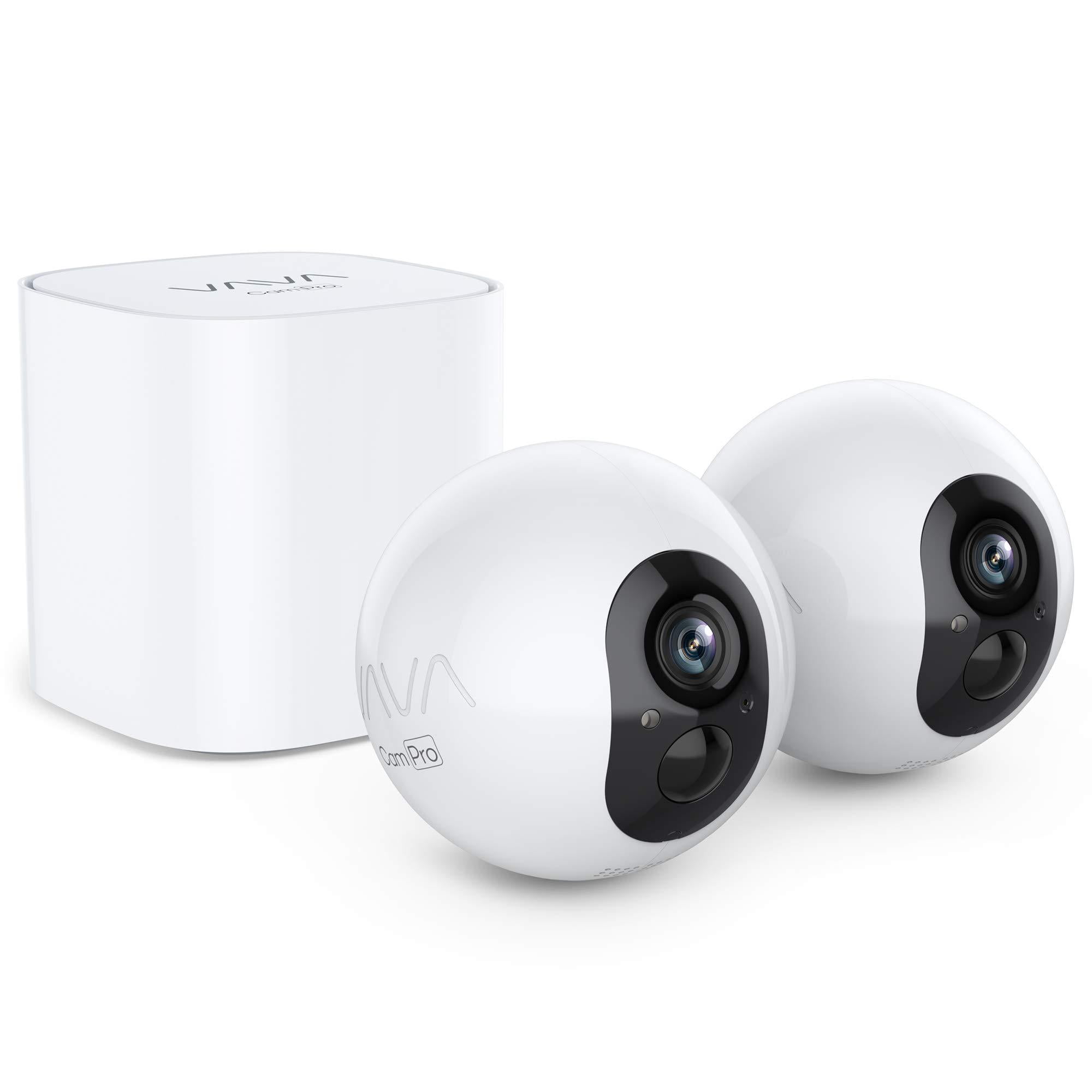Table of Content
Video doorbells, for example, aren’t attached to an alarm system. Instead, they have motion-activated video recording that alerts you when someone rings your doorbell. Many doorbell cameras let you talk to the person at your door, which can scare off a possible intruder. Start your self-monitored security system with security cameras armed with motion detection. You’ll be able to see what triggers alerts from your phone when emergencies strike. Wireless systems are very easy to install and cost-effective as a result.

If you want to discover the details keep reading this article to learn about the pros and cons of home security systems. Installing a wireless security system is convenient and can be done in minutes. No professional is required because there is no need to drill holes or take care of the wiring. Users can themselves install these systems and save both installation fees and time. Earlier it was stated that wireless systems can be beneficial for large scale buildings. If businesses have the budget to install multiple wireless cameras and sensors, it would be optimal and cheaper compared to traditional wiring.
Effective Ways To Hide Security Camera Wires Outside?
It is relatively easy for homeowners to forget that the batteries need to be changed, putting the family at risk. When the batteries are weak, it renders the system ineffective and leaves your home insecure. Wireless home systems can work with electricity, but they can also use batteries as a backup when there is a power outage. This allows your home to stay protected even when the power goes out. This guide aims to help you pick the right type of system for your home. We explain the pros and cons of each type of home alarm system and discuss the key differences between them.
So whether it’s an intruder or your teen coming in late, you’ll be able to see what’s going on and speak with anyone on the other side. The trick is finding which systems have the right add-ons, monthly rates, and equipment fees to fit your budget. So we took a deep dive into some of our favorite DIY self-monitored home security systems to weigh the pros and cons.
Pros and Cons of Hard-Wired and Wireless Home Monitoring Systems
Scout, for example, charges $10 for the Always On plan that covers the app and a cellular backup. Quantum Fiber supplies unlimited data with speeds up to 940 mbps, enough to share 4K videos with coworkers 20 times faster than a cable. The wiring process generally needs to be done by a security professional. Your requirement for the home security system depends on the feel of desire for feeling safe and being protected. You may think that having one of them makes you feel safe and protected, and in some cases, you believe that few of home security system is getting out of your budget.
Although it seems fancy to operate the camera from a distant. All these factors should be taken into consideration when going for a wireless security system installation. Clearly, the advantages of a wireless security system hugely outweigh the disadvantages. If you have an expansive home, ordinary wireless security systems may not be the best option as they’re limited in distance. Installing a wireless security system is quick and pretty easy as there’s no tricky wiring or drilling involved. It’s generally a simple DIY process which also means no pricey installation fees are involved.
Pros and Cons of a Wireless Security System
Wireless security systems are technologically advanced, and they come with components like control panels, remote key panels, sirens, sensors, and so on. Each element of a wireless security system includes a radio transmitter, and this makes it costly. A wireless network uses individual sensors throughout the home that communicate and connect wirelessly to the central control panel using radiofrequency technology.
It will continue supporting the system for existing customers and those who buy from third-party retailers. Check outbest DIY home security systemsto see our recommendations. If you change your mind about your security system, self-monitored home security is easier to upgrade, cancel, or change. Plus, there’s no high-pressure sales rep to talk to when you call to cancel or make changes to your plan. Self-monitored systems cut out the middleman, allowing you to assess the situation yourself.
The only thing they need is proper placement and electric connection. You can hang them or even place them standing at any corner of your property. If you have a home that ranges from medium to small, then the wireless system is perfect for you. However, if your home is larger than that it might be detrimental to you.

Cellular connections are also more dependable than WiFi connections, which may be unreliable in specific areas of your house or company. If you’re looking for motion detectors, entry sensors, window sensors, security cameras, or any other smart home security system tools, Vivint has you covered. Our experts will help you build the best wireless security system to meet your home protection needs and give you peace of mind. Wired cameras don’t often have to rely on an internet connection to transfer video to the cloud.
Loss of alarm functionality leaves you vulnerable to break-ins and theft. This means while getting one installed might seem like a quick and easy solution; there are long-term cons of wireless security systems for homeowners. For many businesses, one of the advantages of wireless systems is money-saving.

Some systems do offer internet monitoring through a PC or Mac, but most companies are phasing it out in favor of smartphone monitoring apps. If you’ve ever been in an emergency, you know how much it helps to have someone with a level head calling the shots. With a professionally monitored system, once your alarm goes off, you’ll get a phone call from someone with emergency training. In some cities, false alarms that involve the police or fire crews can come with a fine. The best self-monitored security systems allow you to screen the situation before you call first responders.
If you don’t have any home security or alarm system set up, you’re far from alone. In 2019 only 17 percent of homes in the United States had some sort of security system in place. However, experts predict that over the next five years, the number of homes with security systems will increase by 64%. Moreover, wireless security systems come with technically advanced and more modified characteristics than traditional systems. Wireless security systems work on electricity, but also have batteries to run in case of power outages. You will have to recharge them from time to time so that the security system works effectively in case of a power outage.

The aim of using wireless security systems is to make the property fully secured. However, it is necessary to look at possible flaws before choosing a wireless security system. Wireless security systems are a gift of technological advancements. Available in multiple types, the most common is the one featuring sensors, Wi-Fi alarm monitoring, and a control panel.
It just needs an application to be installed on your device and an internet connection. You can be anywhere in the world and have access to your camera after pairing up. Wired security systems can be installed quickly, especially in a home pre-wired for such installations. You merely need to call a service provider, and the security system is ready to use. The real struggle starts when you need to select one of them for your house.
You’ll only be able to disable your home’s wireless security system with a password. You can also install it wherever you’d like since you don’t have to be limited by the clutter of phone wires. If you’re not interested in having a professional to handle the task you just have to make sure it’s done right.

No comments:
Post a Comment